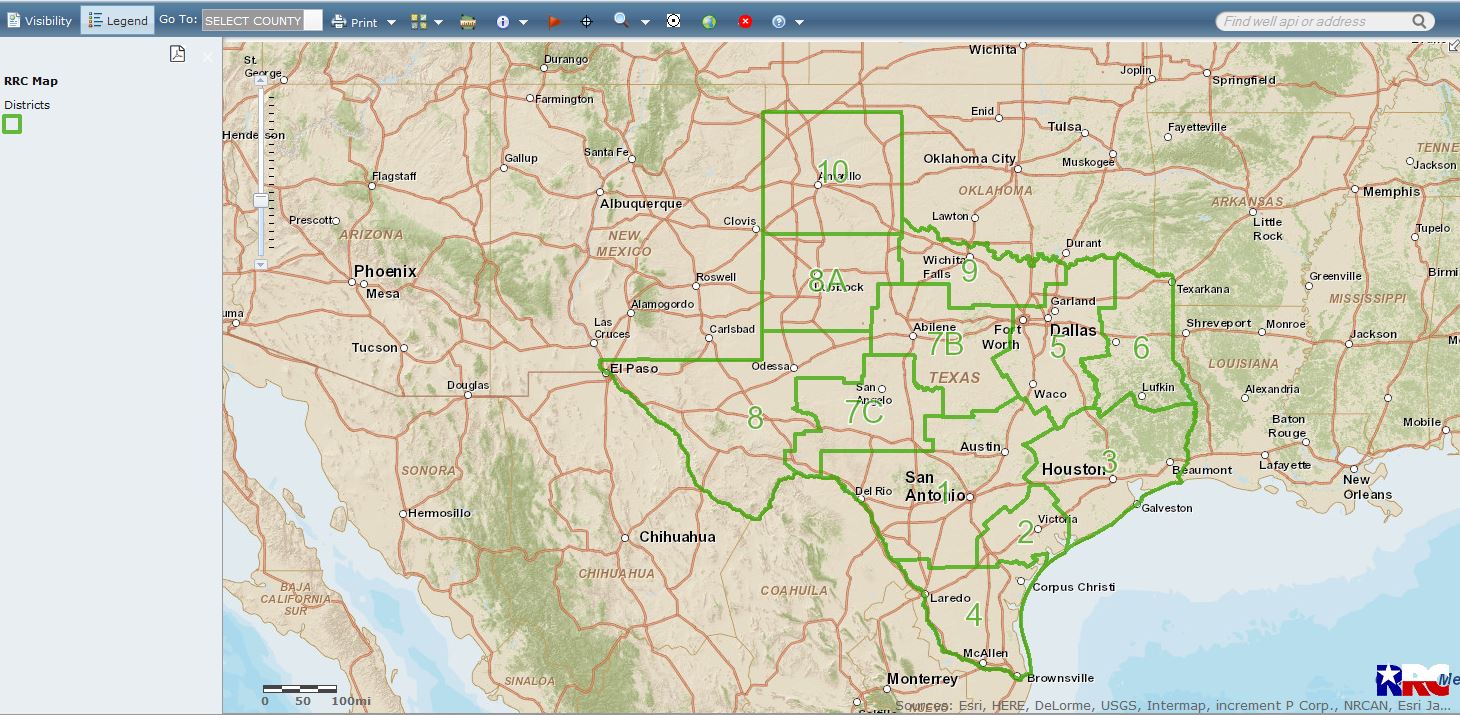The draft Sunset Commission report on the Texas Railroad Commission makes recommendations for legislative changes to the bonding requirements for oil and gas wells. Landowners should be familiar with how the RRC’s bonding system works, and how it could affect operations on their property.
Operators of oil and gas wells in Texas must have a permit to operate. In order to obtain that permit, the operator must provide financial security in the form of cash, a bond, or a letter of credit to provide financial assurance that it will plug any wells it operates. The amount of financial security required is set by statute and was last revised in 1991. Most operators comply with the bonding requirement by furnishing “blanket” bonds. The amount of the bond depends on the number of wells operated by the operator:
- Operators with 1-10 wells must have a $25,000 blanket bond.
- Operators with 11-99 wells must have a $50,000 blanket bond.
- Operators with 100 or more wells must have a $250,000 blanket bond.
The theory is that, if an operator becomes insolvent and is unable to plug its wells, the RRC can call on the bonding company to provide the money to plug the wells. But in reality, bonds provide only about 16% of the cost of plugging abandoned wells. In FY 2015, the RRC collected $4.288 million on bonds from 94 operators who abandoned 1,584 wells – an average of only $2,707 per well. In the same year, the RRC spent $11.722 million plugging 692 wells – an average of $17,012 per well. Continue reading →
 Oil and Gas Lawyer Blog
Oil and Gas Lawyer Blog


